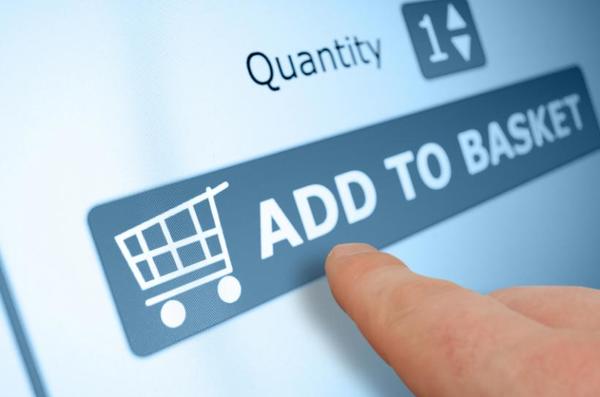Retailers in the United Kingdom need to start looking beyond their own borders if they hope to stay competitive in a constantly expanding global marketplace. The UK has a reputation for high quality merchandise and timeless designs around the world, and retailers can capitalise on that perception to help drive their sales numbers upwards.
While it can seem like a hassle to begin selling to a larger audience, it can be a lot easier if you stick to the tips we've pointed out below, and the rewards for successfully transitioning to a global pool of potential customers can be incredibly lucrative.
Get The Ebook - Five Ways Intelligent Retailers Outsmart Their Competitors
1. Make good use of SEO. Search engine optimisation (SEO) is one of the key elements of success in the online world, but many people don't realize how localised search engine results can be. If you're getting lots of web traffic to your site from the UK, you may not be well positioned in search results in the rest of Europe, North America, or Asia. Keywords may be different in other locales, and if you're running pay-per-click advertising campaigns, you may have to rewrite your advertisements to gain traction.
2. Stick to your specialties. Just because you're moving into a global marketplace, you don't suddenly have to compete directly with every other retailer out there. You've managed to make your business successful here at home, so stick to those elements that helped make you successful in the first place. Whatever it is that makes your business special here will probably make you just as special everywhere else.
3. Keep your unique style. A major part of the strength of any company is the strength of its brand, so don't feel the need to reinvent yourself when going global. Customers in other countries are probably already aware of you, so sticking to the style that made you popular in the first place is still the right decision.
4. Always deliver. This is excellent advice for any online retailer, but it becomes even more important for global retailers. If you promise to meet a specific delivery date - "order now for arrival by Christmas!" - always make sure you can deliver. If something goes wrong in your supply chain, customers will naturally get frustrated, but a clever bit of marketing can sometimes turn a bad situation into a loyal customer.
5. Integrate, integrate, integrate. The importance of connecting your information systems between the online and offline areas of your business can't be stressed enough. If you sell the last item in your inventory online and then sell it again to someone in-store, you're quickly going to develop a bad reputation around the world. Digital inventory systems should be integrated, or better yet, replaced by a single system that handles in-store and warehouse shipping.
With a bit of careful planning, taking your business out into the broader world can be an incredibly lucrative step in expanding your business and expanding your bottom line. English is the most popular language on the planet, so don't be afraid to get out there and sell to the world.

(23).jpg)